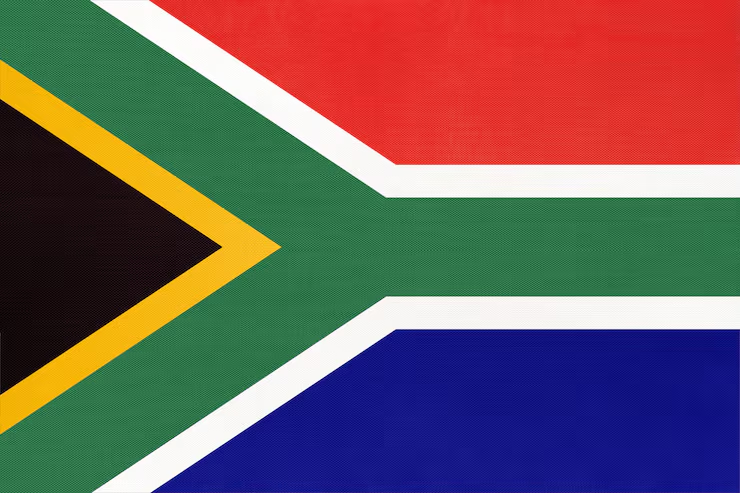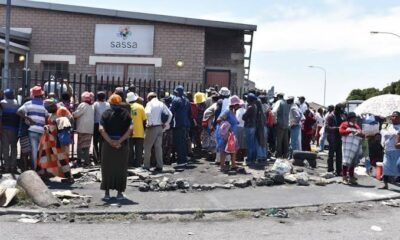Business
Business Closures Persist in South Africa as Economic Uncertainty Lingers

Another 109 South African businesses shut their doors in April 2025, bringing the year-to-date total to 482 liquidations, according to new data from Stats SA.
While this number signals ongoing strain in the economy, the pace of closures is easing compared to March and is down nearly 15% year-on-year—a small but notable improvement.
Finance and Trade Sectors Hit Hardest
The finance, insurance, real estate, and business services sectors remain the most affected by business closures, followed closely by companies in trade, catering, and accommodation. These industries are grappling with low consumer confidence and reduced demand, both locally and globally.
Stats SA data also reveals a key distinction: 98 of the 109 closures were voluntary, with only 11 being compulsory liquidations—typically court-ordered, and more indicative of business distress.
Experts caution, however, that even voluntary liquidations can suggest a slowdown in business activity, especially when driven by stalled investments or reduced operational viability.
Economic Challenges in April
April proved especially tough for South African businesses due to a combination of external and internal pressures:
-
On 5 April, U.S. President Donald Trump launched a blanket 10% global tariff, followed by a harsher set of “Liberation Day” tariffs against select countries—including South Africa—just four days later. While the new tariffs were temporarily paused for 90 days, the uncertainty shook global and local investor confidence.
-
On the domestic front, tensions within South Africa’s Government of National Unity (GNU) over the 2025 budget stirred political instability. Market speculation around a possible breakup between the ANC and DA pushed businesses to adopt a cautious, wait-and-see stance.
Wider Economic Indicators Show Contraction
South Africa’s broader economy continued to reflect this cautious sentiment:
-
The Absa Purchasing Managers’ Index (PMI) stayed in contraction territory for the sixth month running.
-
Key economic metrics—industrial production, retail and wholesale trade, tourism, and real estate confidence—all declined.
-
The BankservAfrica Transaction Index (BETI) fell to its lowest point in 2025, indicating slowing consumer and business activity.
According to Investec chief economist Annabel Bishop, leading business indicators suggest that the economy likely shrank in the first quarter of 2025.
Despite the ongoing pressures, there are glimmers of hope. Compared to 2024, total liquidations are down 6%, and the long-term trend appears to be moving away from the post-COVID peaks of 2021 and 2022.
Still, April’s data reinforces the need for greater economic stability, particularly in the face of global trade disruptions and internal political uncertainty. For many businesses, the coming months will be about survival—and waiting for clearer skies.
{Source: BusinessTech}
Follow Joburg ETC on Facebook, Twitter , TikTok and Instagram
For more News in Johannesburg, visit joburgetc.com


























